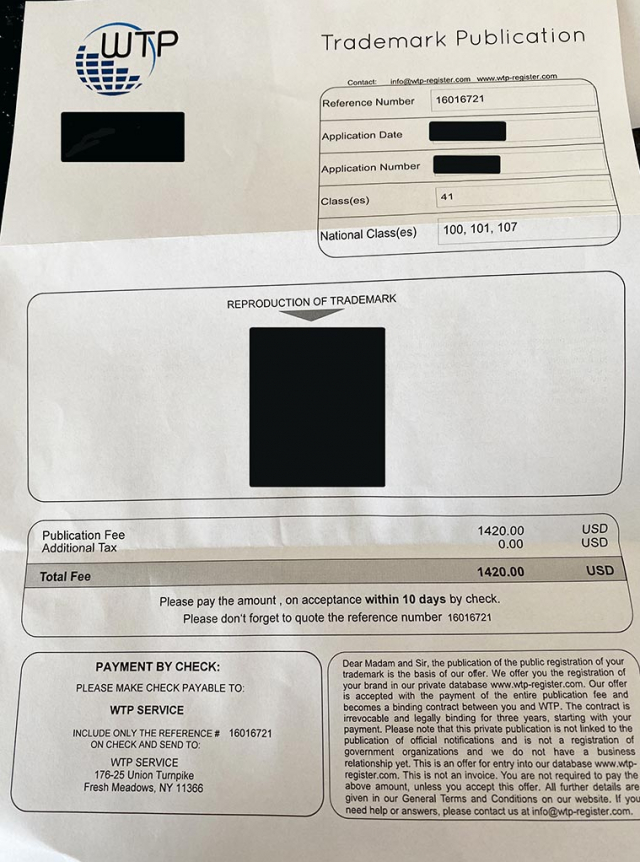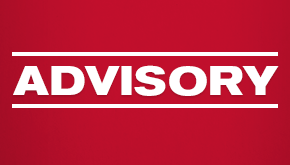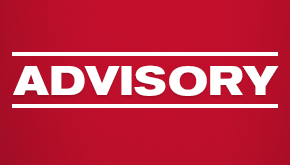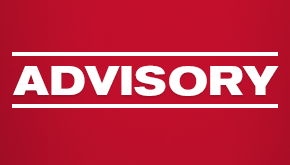USPTO Reports Uptick in Trademark Solicitation Scams
Solicitation scams are here to stay. When it comes to trademarks, solicitation scams have been prevalent for many years. They can take on many different forms, with e-mail, fax and regular postal service mail being the most common. Quite often, solicitation scams are triggered by the filing of a trademark application, but may also appear during prosecution and upon trademark registration issuance.
Solicitation scams are often sent by fictitious companies that mimic intellectual property offices with such names as “Patent & Trademark Agency LLC” or “Patent & Trademark Resource Center.” Be advised that the U.S. Patent and Trademark Office (USPTO) does not endorse any private companies, nor is there any type of requirement to use them. The scams typically include bogus and/or misleading offers to publish trademark applications, to prevent trademark registrations from expiring, and/or to take other types of unnecessary actions with respect to the trademark application or registration.
Recently, the USPTO has become aware of an uptick in fraudulent emails being sent to owners of U.S. trademark applications. Email communications often appear to originate from the USPTO by having a spoofed email address (e.g., [email protected]). These emails may also:
- falsely claim that the USPTO has a new policy requiring separate registration of clients and that there is a penalty for not complying; and/or
- provide incorrect USPTO trademark filing information (e.g., incorrect fee information).
If you receive a questionable communication, you can:
- contact the Trademark Group at Armstrong Teasdale;
- review the status of your pending application or registration by visiting the USPTO’s Trademark Status & Document Retrieval (TSDR) database; and/or
- visit the list of solicitations originating with the USPTO to confirm whether the communication is legitimate.
In the event that you receive an illegitimate communication and/or are a victim of a solicitation scam, a consumer complaint may be filed with the Federal Trade Commission.
In addition, please see the following solicitation scam example, which has been redacted for privacy:





































